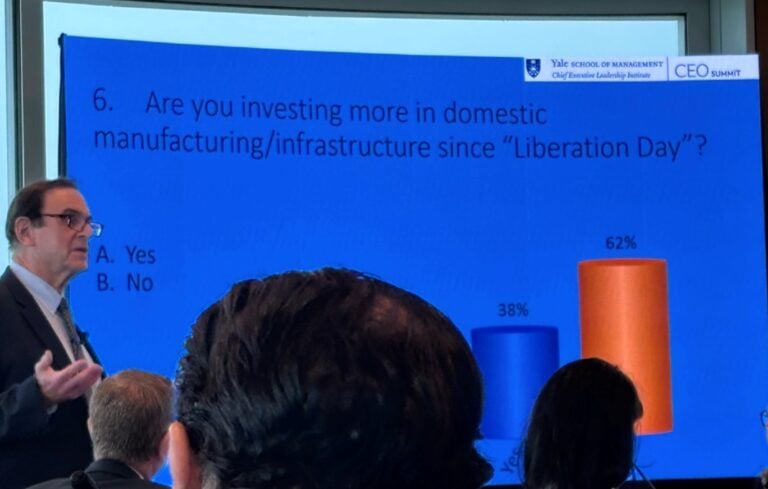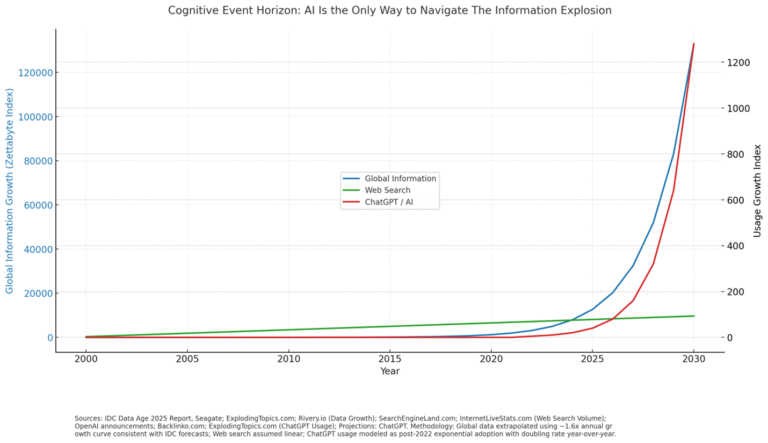
For more than a decade, corporate hallways have echoed with the encouraging words of the strengths movement—enhancing employee strengths as a primary form of managerial and leadership development. Leaders have worked to incorporate the findings into their organizations and to create strong employee engagement. But now, another problem has surfaced. With all the focus on what people do well, managers are failing to give critical feedback, and the results are troubling.
One study shows as many as 67 percent of talented people will derail in their career at a cost of up to 20 times that of that employee’s salary. It’s an epidemic of underperformance.
I know firsthand how debilitating the problem is because I experienced my own career derailment event. Over 25 years ago, I was a young, promising executive at PepsiCo, certain I was on the fast track when my boss called me in and told me I was “unpromotable.” Why? Because I was “obstinate,” “resistant” and “insubordinate.”
In retrospect, that critical feedback was the best gift I ever received because it caused me not only to be more self-reflective about my own behavior, but to find out why talented people derail. What goes wrong? To that end, I’ve dug through the extensive research about career derailment, interviewed scores of HR leaders, senior managers and C-Suite executives and surveyed 100 people, who—in what should have been the prime of their career—had been fired, demoted or whose careers had plateaued. From managers and leaders to executive coaches, recruiters, CEOs and C-Suite executives, I listened to them talk about why and how good careers went bad.
“Managers should have weekly or bi-weekly one-on-ones with their subordinates, where they discuss performance against objectives and give clear developmental feedback, both positive and negative.”
The source of the problem
I discovered that two top culprits are an inability to work well with others and a lack of self-awareness about personal areas of vulnerability. The big question for leaders: Why aren’t we giving the kind of feedback to make people more aware of these shortfalls? I believe that often the strengths movement has been taken too far and used to the exclusion of other methods.
Leaders must look closely at 3 areas of their company to enact change.
1. Create a culture of frankness. If the culture of an organization is modeled around open and honest communication and clear developmental feedback, it flows down through the entire organization. It starts with the values and behaviors that are espoused by the firm’s leaders. What are the top 3 to 5 values stressed by senior leadership? Are you behaving in ways that are consistent with them? For example, when I worked at Walmart, “attention to detail” was stressed, for “retail is detail.” So I needed to ask myself questions like, “Am I really up-to-speed on the status of a particular initiative? Am I well-versed on the performance of a particular product line?
2. Give frequent, candid feedback. Having candid feedback sessions with employees once a year during the performance review cycle is standard practice, and woefully insufficient. Companies need to stress to managers the importance of giving immediate developmental feedback to their team members. Managers also should have weekly or bi-weekly one-on-ones with their subordinates, where they discuss performance against objectives and give clear developmental feedback, both positive and negative. Keep the process simple and brief, as most people can only recall and act on one thing at a time.
3. Embrace more weakness-oriented development tools. Effective personnel development assessments exist which include potential derailment areas that firms can use to initiate or further this conversation. The Hogan Development Survey and Korn Ferry / Lominger Leadership Assessment Instruments are both good, robust tools.
Organizations pursuing a developmental strategy focusing on strengths alone will not lead to the career ascension of their employees. Soon or later, unaddressed needs will limit the career progress of good people—hurting both employees and the organization.
It’s time to bring straight talk and candid discussions back into the company. Not just on performance review day, but every day.




Chief Executive Group exists to improve the performance of U.S. CEOs, senior executives and public-company directors, helping you grow your companies, build your communities and strengthen society. Learn more at chiefexecutivegroup.com.
0

1:00 - 5:00 pm
Over 70% of Executives Surveyed Agree: Many Strategic Planning Efforts Lack Systematic Approach Tips for Enhancing Your Strategic Planning Process
Executives expressed frustration with their current strategic planning process. Issues include:
Steve Rutan and Denise Harrison have put together an afternoon workshop that will provide the tools you need to address these concerns. They have worked with hundreds of executives to develop a systematic approach that will enable your team to make better decisions during strategic planning. Steve and Denise will walk you through exercises for prioritizing your lists and steps that will reset and reinvigorate your process. This will be a hands-on workshop that will enable you to think about your business as you use the tools that are being presented. If you are ready for a Strategic Planning tune-up, select this workshop in your registration form. The additional fee of $695 will be added to your total.

2:00 - 5:00 pm
Female leaders face the same issues all leaders do, but they often face additional challenges too. In this peer session, we will facilitate a discussion of best practices and how to overcome common barriers to help women leaders be more effective within and outside their organizations.
Limited space available.

10:30 - 5:00 pm
General’s Retreat at Hermitage Golf Course
Sponsored by UBS
General’s Retreat, built in 1986 with architect Gary Roger Baird, has been voted the “Best Golf Course in Nashville” and is a “must play” when visiting the Nashville, Tennessee area. With the beautiful setting along the Cumberland River, golfers of all capabilities will thoroughly enjoy the golf, scenery and hospitality.
The golf outing fee includes transportation to and from the hotel, greens/cart fees, use of practice facilities, and boxed lunch. The bus will leave the hotel at 10:30 am for a noon shotgun start and return to the hotel after the cocktail reception following the completion of the round.